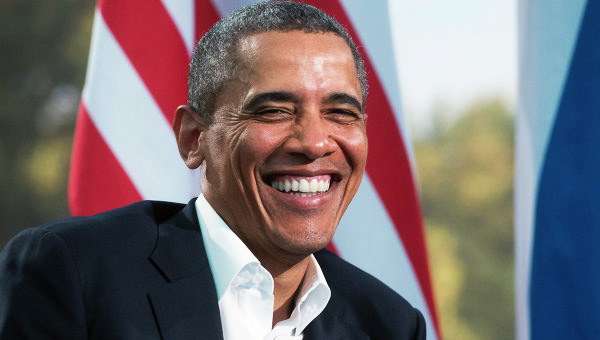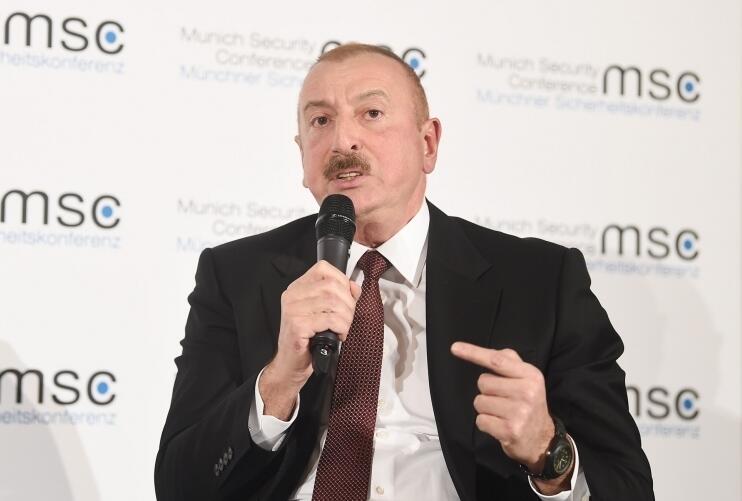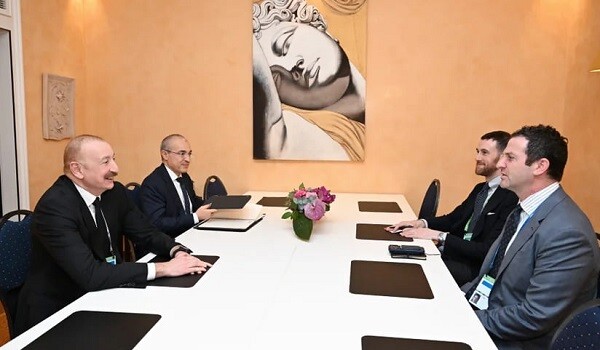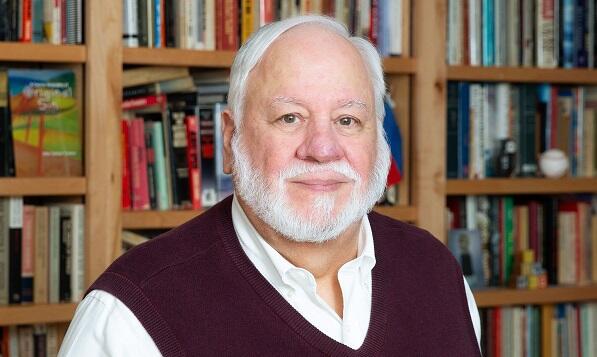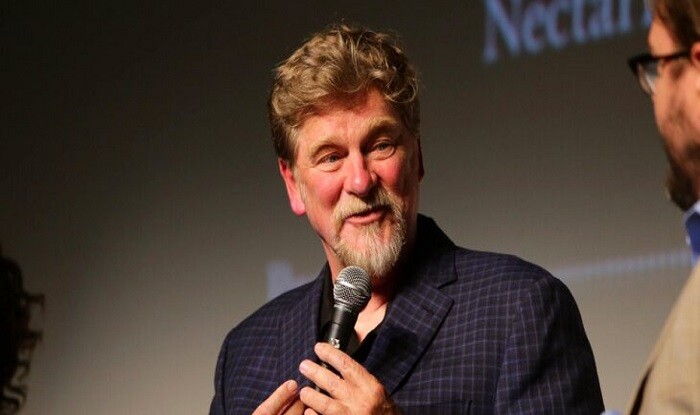Axar.az presents an article “Politics And Objects” by John Samuel Tieman.
I was recently elected to my City Council. So I've been an object, a thing. The other day, a citizen told the Council how all of us are “corrupt and incompetent.” It was my second meeting. But for a 30-second acceptance speech, I hadn't spoken at a Council meeting.
“All politicians are corrupt and incompetent. All of them.” You hear it all the time. However, while estimates vary, most agree that there are about 500,000 local politicians in the United States. That 500,000 is everyone from the Mayor of Chicago to the mayor of a village in rural Missouri. Within that 500,000 are all kinds of folks. Part of the reason that representative democracy works is because, within that 500,000, there's every kind of person with every kind of personality and every kind of viewpoint. Most folks think of objectification as something politicians do to constituents. But it goes both ways.
Objectification, viewing someone as a thing, is the opposite of dialogue. Objectification is a kind of monologue. It's one-way. There is no give and take. Objectification can be negative and positive. When someone says, “All politicians are corrupt and incompetent”, this in truth is one step from making someone all good and even holy. It's unidimensional. A lot of folks are shocked that the followers of Donald Trump attacked the Capital Police on January 6th. They previously idealized the police. But idealization is objectification. The person isn't real. Idealization makes someone a thing. It's an easy step from a positive thing to a negative one because neither is real.
My only point here is simple. Marking people objects, things, making people unidimensional, this does nobody any good. It does no good to make that person a saint or a devil. In politics, when this is combined with cynicism, it thwarts insight. People are complicated. Consider the recent past. Senator Jack Danforth was a lawyer and an Episcopal priest. Representative Robert Drinan was a Jesuit. Senator Robert Menendez, as well as Representative George Santos, were recently convicted of felonies. I recall a school board member who was crazy. Just before she was removed from office, she went around putting hexes on folks. On the other hand, an alderman I know donated a kidney to a coworker. Closer to home, my City Council is made of six council members and a mayor. Two are PhDs. Two members are Black. Two are gay. Two are lawyers. Two businessmen and a banker. A retired teacher and a former school district administrator. One bachelor and the rest are married. My point is that a democratic republic is diverse. It's supposed to be. Indeed, it has to be.
My limited experience with politicians has taught me this. There are really only two qualities that politicians have in common, two that are necessary. The first is an interest. The second is a trait. The first is a general interest in public service, which is usually expressed as an interest in governance, policy, and constituent services. The second is that most politicians are good with people. That handshake, that hand on the shoulder, that's real. Your state senator isn't making that up. Of course, this isn't universally true. Richard Nixon was awkward with people. Donald Trump is a malignant narcissist for whom others don't really exist. But the limited number of exceptions makes the general rule. Put another way, if you are not good with people, you shouldn't go into politics. Politics is about relationships, dialogue, and to a great extent it's about intimacy. Of course, people who are good with people can also be manipulative. In my experience, however, that avuncular “Hail fellow well met” thing, that's genuine. Your alderman isn't faking that.
We were in Washington, D. C., a few weeks ago. We visited the House Of Representatives. Our Congresswoman, Cori Bush, was kind enough to facilitate a visit to the House Floor. We were escorted by a staffer, Isabella Seigel. While on the Floor, my wife, Phoebe wondered how representatives vote. There's no assigned seating or individual voting machines. By chance, Abigail Spanberger, who represents Virginia, was right behind Phoebe. She explained how each Member Of Congress has a plastic card that slips into a voting machine at the end of each row of seats. She was with three cousins. She then invited us to join her on a small tour. My point being that her friendliness, her openness, her interest in us, she wasn't making that up.



